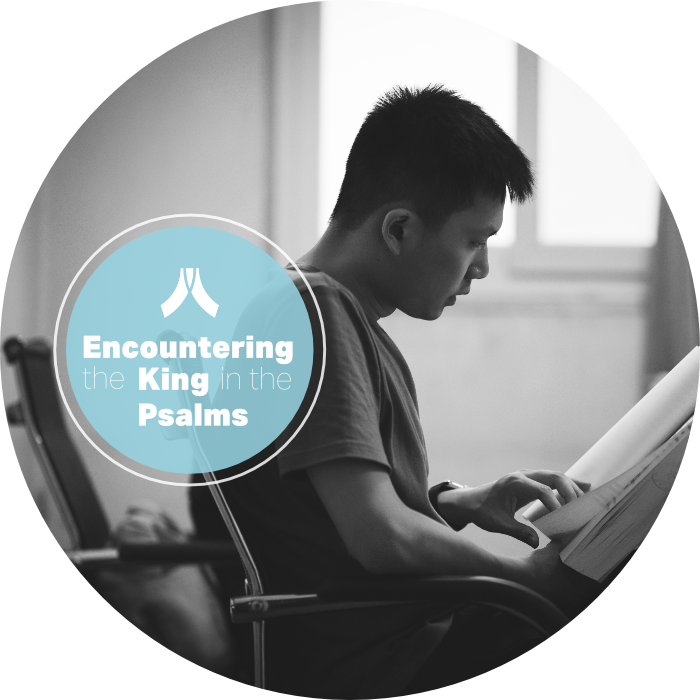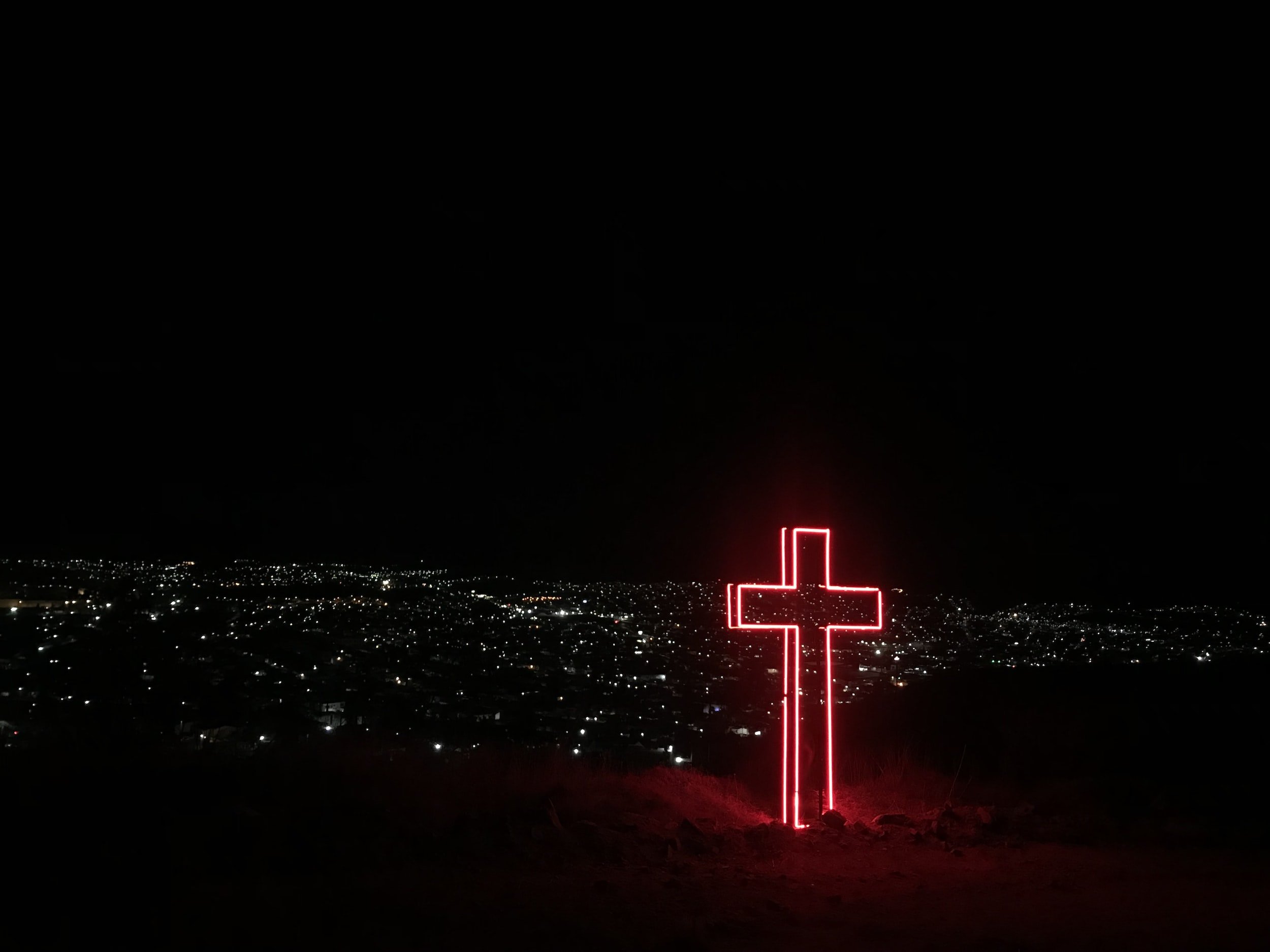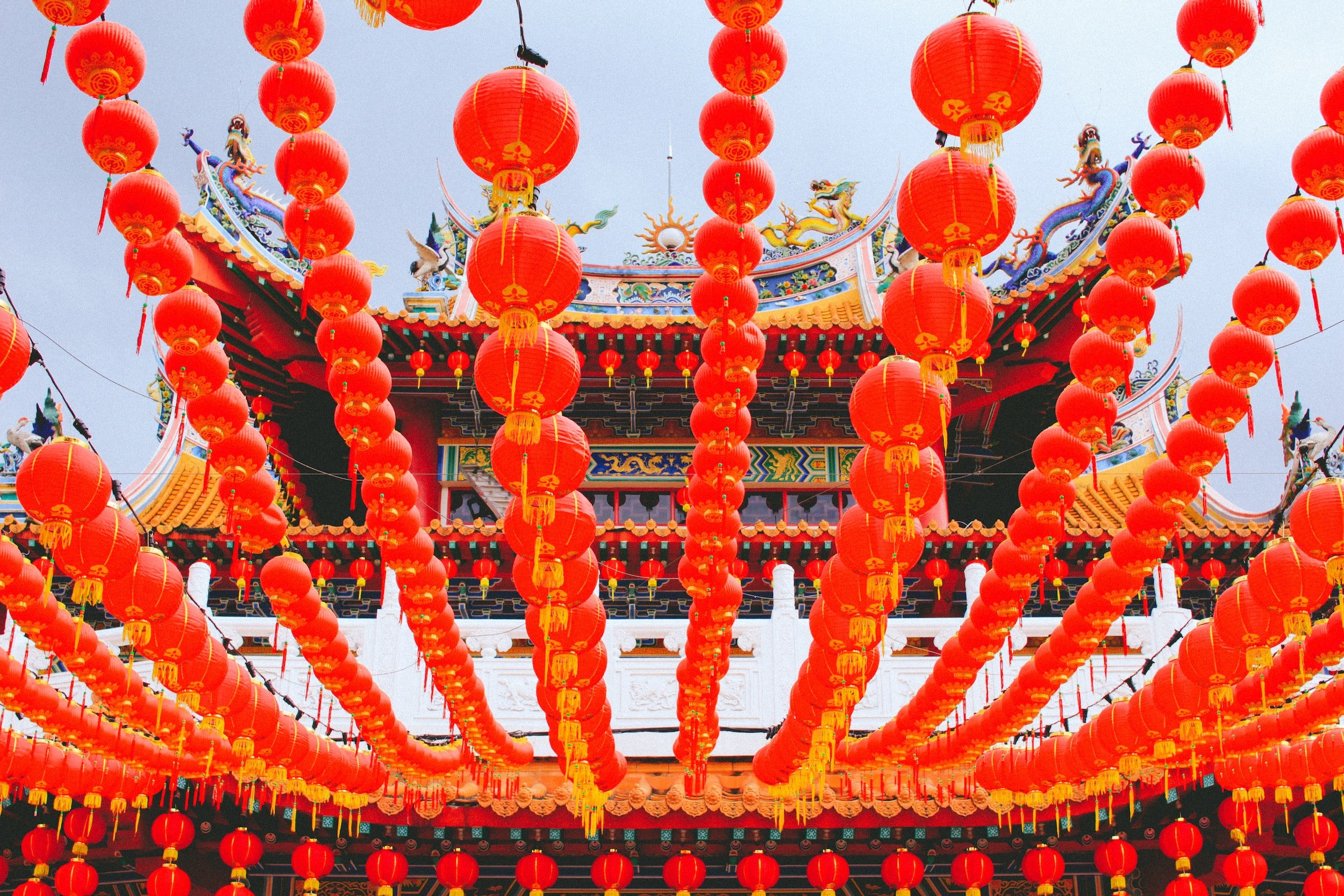
Psalm 42
1 As a deer pants for flowing streams,
so pants my soul for you, O God.
2 My soul thirsts for God,
for the living God.
When shall I come and appear before God?
3 My tears have been my food
day and night,
while they say to me all the day long,
“Where is your God?”
4 These things I remember,
as I pour out my soul:
how I would go with the throng
and lead them in procession to the house of God
with glad shouts and songs of praise,
a multitude keeping festival.
5 Why are you cast down, O my soul,
and why are you in turmoil within me?
Hope in God; for I shall again praise him,
my salvation 6 and my God.
Never miss a story
My soul is cast down within me;
therefore I remember you
from the land of Jordan and of Hermon,
from Mount Mizar.
7 Deep calls to deep
at the roar of your waterfalls;
all your breakers and your waves
have gone over me.
8 By day the Lord commands his steadfast love,
and at night his song is with me,
a prayer to the God of my life.
9 I say to God, my rock:
“Why have you forgotten me?
Why do I go mourning
because of the oppression of the enemy?”
10 As with a deadly wound in my bones,
my adversaries taunt me,
while they say to me all the day long,
“Where is your God?”
11 Why are you cast down, O my soul,
and why are you in turmoil within me?
Hope in God; for I shall again praise him,
my salvation and my God.
“Why are you cast down, O my soul,
and why are you in turmoil within me?”
Over the past two years, Psalm 42 has become my good companion. Perhaps it is because of the ongoing pandemic, or perhaps it is because, as I grow older, discouragement and irritability bother me more.
“Where Is Your God?”
Discouraged and flustered feelings are recurring themes in this lament. The psalmist even suspects God has forgotten and forsaken him. He continues struggling to return in his memory to the events, places, and times [when he was with God], trying to keep his heart warm and excited. Instead, the memories bring infinite sorrow. He is not yet allowed to see the face of God; he is still waiting for deliverance.
>
”“He continues struggling to return in his memory to the events, places, and times [when he was with God], trying to keep his heart warm and excited. Instead, the memories bring infinite sorrow. He is not yet allowed to see the face of God; he is still waiting for deliverance.”
A touch of sadness and anxiety has been the basic color of my own life. However, bright, warm, and joyful moments remain foremost in my memories and support me. Perhaps it is human nature to seize the splendid moments in life, and erase the numbing woodenness of death.
This lament does not have a climactic ending. The poet is still waiting for salvation—just like we humans who must eventually grow old, and the church, which remains in the wilderness. What is most surprising about the poem, however, is the author’s persistent, determined, and upward-moving life force. This outshines the realities of anxiety and sorrowful memory, both of which fade to pale grey when compared with the brightness of the author’s vitality.
First, the psalmist repeatedly calls the Lord “my God.” He says that God gives him life, protects him, and showers him with love. He knows that God is the source of his life, and thus his foundation is firm.
Second, he thirsts for God as a deer thirsts for streams of water. He longs to go up to the holy mountain, to enter the sanctuary and meet God, where the psalmist would praise him! He is clear where the refuge and resting place of his soul is, and persistent in ascending to that place.
Third, he prays fervently to God, asking him to guide him in light and truth, that he may eventually reach the dwelling place of God. The psalmist is convinced of God’s goodness and faithfulness, and relies on God to lead him throughout his ascent.
“I Shall Again Praise Him”
When I consider how often I am depressed, discouraged, and disappointed, or how regularly I indulge myself in depression, I envy the psalmist’s strength in turning to God and remaining rooted in him amidst adverse circumstances. Emotions are the gateway through which he is able to be honest with himself and understand the world, but emotions are not his guiding compass for navigating life, nor are they the driving force of his mind and will. The steadfast love of his covenant-keeping God is the ultimate story of his life, and the upward journey to dwell with God is the purpose of history.
>
”“Emotions are the gateway through which he is able to be honest with himself and understand the world, but emotions are not his guiding compass for navigating life, nor are they the driving force of his mind and will. The steadfast love of his covenant-keeping God is the ultimate story of his life, and the upward journey to dwell with God is the purpose of history.”
Heavenly life is like a snow lotus blossoming on an icy mountain. In its reflection, even the harshness of winter seems to come to life. I seem to see a tree, planted by streams of water, yielding its fruit in season, whose leaves do not wither. I seem to hear, “Count it all joy, my brothers, when you meet trials of various kinds, for you know that the testing of your faith produces steadfastness. And let steadfastness have its full effect, that you may be perfect and complete, lacking in nothing.”
Is this not the life of the Lord Jesus? Is this not this what he sang in the New Testament, when he said, “Father, if you are willing, remove this cup from me. Nevertheless, not my will, but yours, be done.” Facing the weight of the cross, Jesus was so troubled in spirit that he nearly died. In fear and grief, he turned to God in prayer and sang a cosmic lament as he waited for deliverance. However, just like in this psalm, even death did not bring him deliverance.
“Hope in God; for I shall again praise him, my salvation.”
Death is not the end of history: resurrection is.
Muxi Zhang is a pseudonym for a China ministry veteran who has in-depth and extensive ministry experience.
PRAYER
Lord Jesus,
Save me and deliver me from myself. May I be like you, and obey only the will of our Father.

We are using the Psalms to guide our prayers for China
In 2022, our prayer movement is turning to the scriptural prayers found in the Psalms as we pray for the Chinese church. When you join our prayer movement, you will receive weekly prayer emails and a monthly newsletter so that you too can pray for our brothers and sisters in China.



































